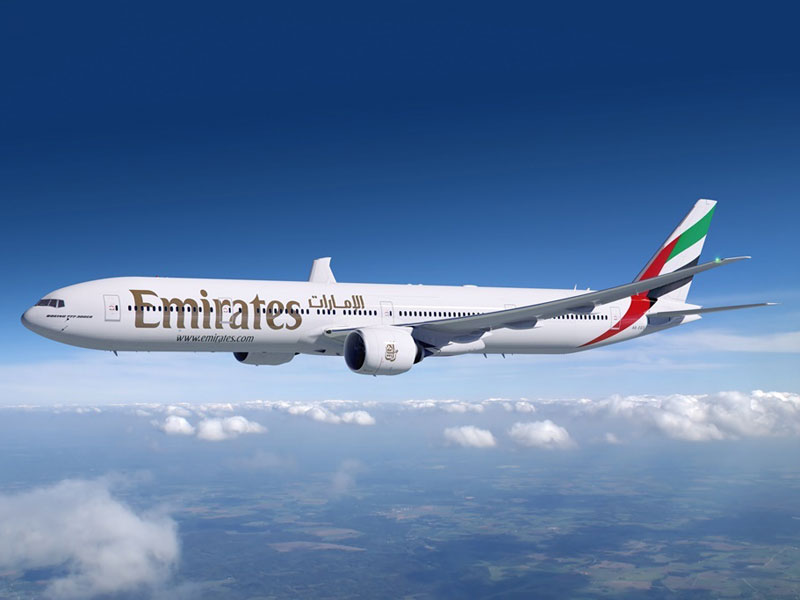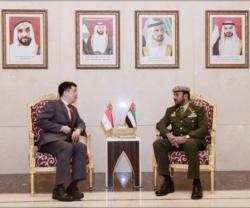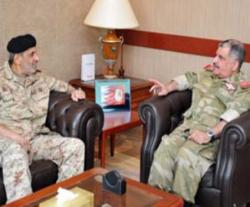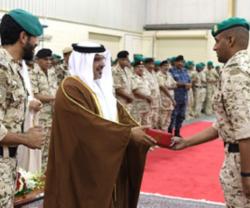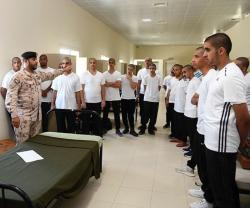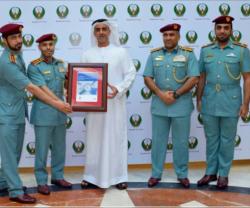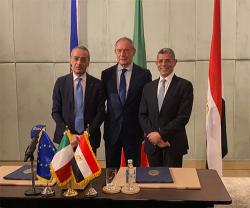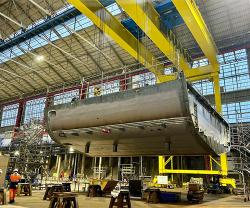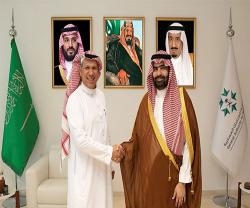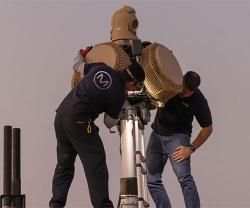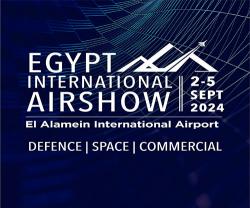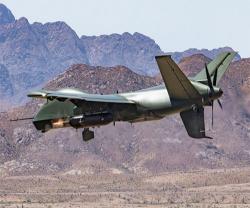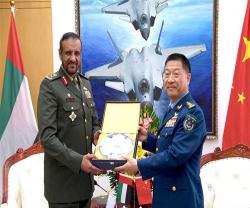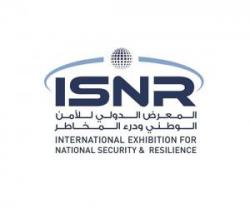Airlines in the Middle East are expected to contribute a record $2.2 billion to the airline industry’s expected global profit of $18.7 billion in 2014, or 11.7%, said the CEO of the International Air Transport Association (IATA).
Tony Tyler, IATA’s Director General and CEO, called for regional cooperation and global standards to support the continued success of aviation in the Gulf area in a keynote address to the Global Aerospace Summit which took place in Abu Dhabi, UAE earlier this week (7-8 April 2014).
Driven by the high speed growth of airlines in the Gulf, the Middle East region’s share of global traffic increased from 4 to 9% in just over a decade.
Aviation has become a key contributor to local economies. In the UAE over 430,000 UAE jobs and 14.7% of GDP are linked to aviation and aviation-related tourism.
“Aviation in the Gulf is a great success story and air traffic gridlock should not become its Achilles’ heel. Airspace is finite. So capacity can only grow with efficiency. Each country has invested in impressive technology. But effective management needs regional and international teamwork. The players in the region urgently need to buy in to a vision for seamless airspace management in the region and then work together in a team effort to make it happen,” said Tyler.
IATA identified opportunities for progress in two areas:
- Flexible use of military airspace: Between 40 and 60% of airspace in the Gulf is reserved for military use. “We are trying to squeeze the fast-growing civil aviation component into a fraction of the airspace. One solution is to develop partnerships and trust with the military to open more flexible use zones. That is happening progressively -but it is not keeping pace with demand for air travel,” said Tyler.
- Seamless use of airspace: Historically, the Arabian Peninsula was operated as one Flight Information Region (FIR) from Bahrain. “From the early 1980s it began to be fragmented and today there are six FIRs. For an airline, the important thing is to get from point A to point B as smoothly as possible. The challenge for the air navigation service providers is to work together to make that happen as seamlessly across six FIRs as if there were one,” said Tyler.
IATA further encouraged stakeholders in the Gulf region to strengthen their competitive advantage with early adoption of key industry initiatives such as the IATA Fast Travel program, Smart Security and e-freight.
IATA will host the world’s airline community in Doha for the IATA 70th Annual General Meeting and World Air Transport Summit from June 1 to 3.

